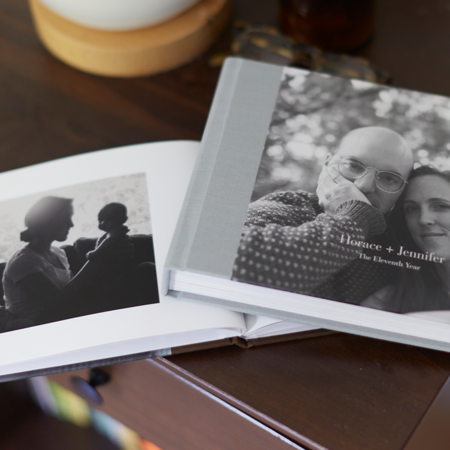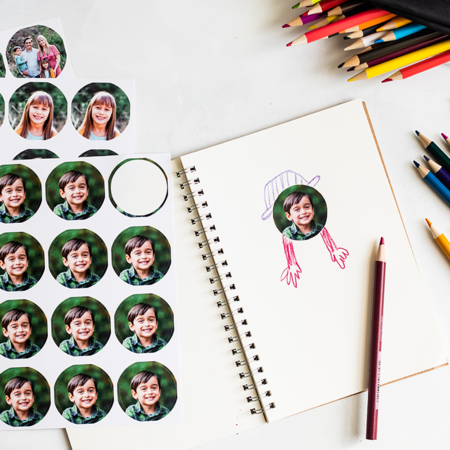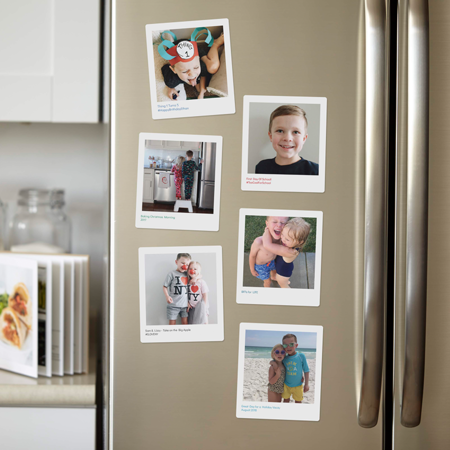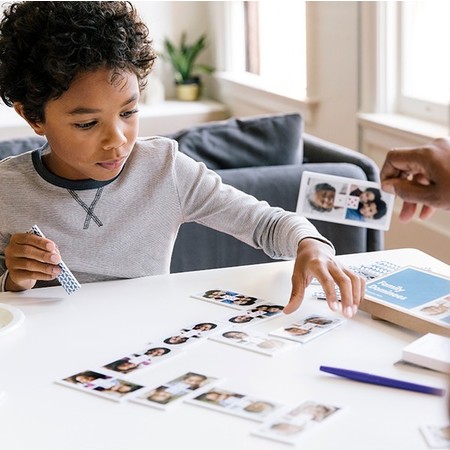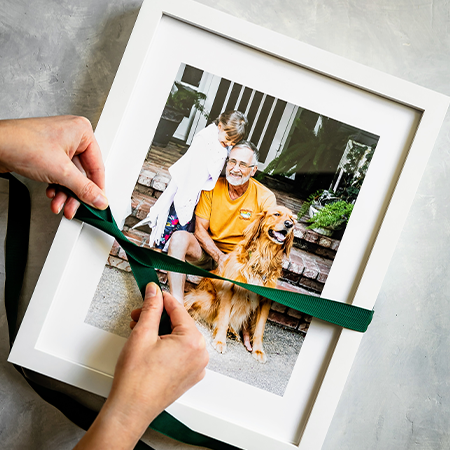Aging happens slowly. Initially, your parent talks about “senior moments” in a light-hearted way: forgetting the keys, losing a book, missing an appointment. There comes a time, though, that many adults look at their parents and really start to worry because their memory loss is becoming more serious. For some persons, the memory loss is severe and the family must deal with a diagnosis of dementia. In the quiet moments after a diagnosis, they piece together plans to make life rich and beautiful for their loved one for as long as possible.
Whether your parent is suffering from mild memory loss or if they’ve been diagnosed with clinical dementia, you no doubt want to do as much as you can to help. Happily, research has shown that there are things that can help their condition and may even slow memory loss.

Studies in Preventing Memory Loss
According to Harvard Health, there are seven strategies to combat memory loss. These strategies are: stay physically active, exercise the mind, quit smoking, have a healthy diet, rest well, nurture healthy relationships and consider taking certain vitamins. The article explains that exercising the mind involves “reading regularly, keeping up with current affairs, learning a new hobby and playing challenging games.”
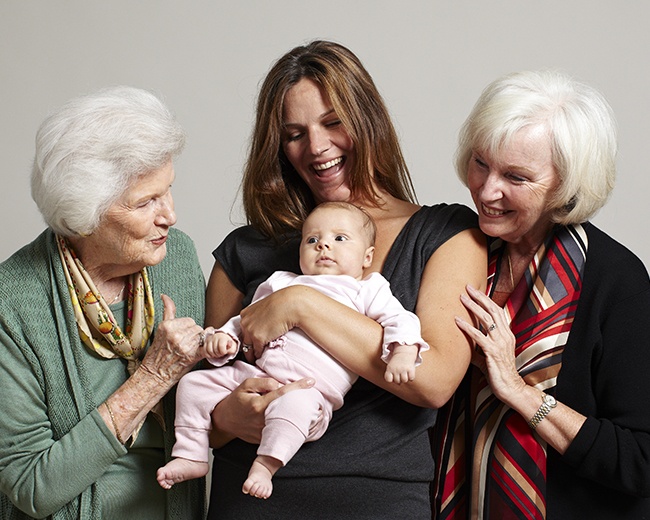
Another publication entitled “Cognitive Stimulation to Improve Cognitive Functioning in People With Dementia” showed that memory games and puzzles can positively impact the minds of people with dementia.
The patients in the study participated in mind-stimulating activities about twice a week for 45 minutes each session. After exposure to these types of brain stimulation, there was a “clear, consistent benefit on cognitive function.” Those who participated also had improved communication and a better quality of life. Happily, the benefits lingered from one to three months after treatment.

Types of Games for Memory Loss
What kinds of games work well for memory exercise? Complex puzzles, word games and brain teasers may be helpful for those with early memory loss, but in more severe cases, simpler games like matching tiles or 24-piece jigsaw puzzles are well-received.

You can design your own beautiful and simple memory game for dementia with Pinhole Press. Our Memory Game contains 24 sturdy tiles with 12 sets of your own photographs on the back. Tiles are approximately 3.5 inches square in either matte or glossy finish.

Our customers have found that the game has a good effect as both a mental exercise and an emotional support. Think of how engaged your parent will be when he or she plays this matching game with a friend or grandchild. As cards are turned over, they’ll delight in seeing familiar faces. Perhaps you’ll choose photographs of beautiful moments in their life, like weddings, graduations and retirements. Some families use photos of children through the years. Whatever you choose, the pictures are sure to stir memories and inspire your parent to start conversations and tell stories. The Alzheimer’s Association agrees that familiar photographs are good for those who suffer from memory loss; these photographs are a positive reminder of important relationships and places.
As the days pass, memories are more and more valuable to families. Surely we all agree that holding onto these memories is just as important as creating new ones. We hope that in some small way, custom memory games for seniors can make the challenge of caring for an aging parent a rewarding and happy one.

About the Author
A self-proclaimed New Yorker from the Midwest, Rachel Castro lets design and color inspire her everyday life. Designer by day and DIYer by night, you can follow all of her latest projects on Digs & DIY, where she documents her favorites from recipes to redesign.
